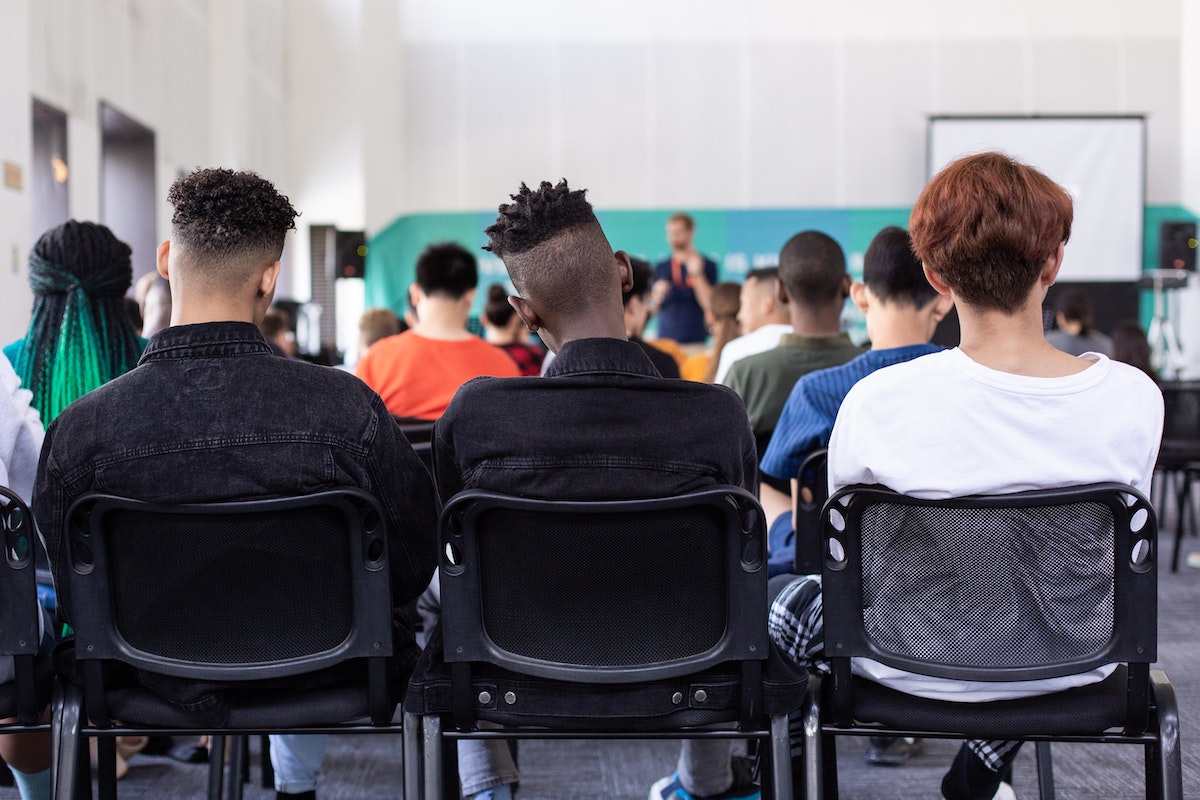Florida’s “Don’t Say Gay” Bill Is Immensely Cruel

As Republican lawmakers across the country work to enact legislation that would ban discussions of race and systemic racism (what they have inaccurately dubbed “critical race theory”) in schools, Florida’s GOP is looking to do something similar with issues of gender identity and sexual orientation.
The “Parental Rights in Education” bill is being called the “Don’t Say Gay” bill by critics because it bans discussions of those issues in primary schools “or in a manner that is not age-appropriate or developmentally appropriate for students.” The bill allows students and parents to sue any school district that violates the ban.
As with so-called “CRT” bans, the language in this bill is incredibly vague—a presumably deliberate tactic designed to scare educators into shutting down any conversation related to these issues.
A White House spokesperson issued a statement condemning the bill, which is making its way through both chambers of the state legislature and has received the support of Florida Governor Ron DeSantis.
“Make no mistake—this is not an isolated action. Across the country, we’re seeing Republican leaders take actions to regulate what students can or cannot read, what they can or cannot learn, and most troubling, who they can or cannot be,” the statement reads. “This is politics at its worse, cynically using our students as pawns in political warfare.”
President Joe Biden also expressed his support of LGBTQIA+ youth and criticized the bill:
And Transportation Secretary Pete Buttigieg appeared on CNN to explain how dangerous it is to try to silence these conversations among young people.
In addition to being dangerous and cruel, this bill is completely impractical. When discussions like this pop up, there are always people who defend these sorts of bans by saying it’s inappropriate for kids to be talking about sex in the first place. But that’s not what it means to discuss gender identity and sexual orientation.
These subjects are deeply embedded in all aspects of our lives, including the lives of children. Children see representations of heterosexual relationships all the time—in books, in discussions about their home lives, everywhere. They are constantly having cisgender norms reinforced. Every time kids are divided into groups of “boys” and “girls,” guess what, that’s a discussion of gender identity!
It is literally impossible to avoid talking about sexual orientation and gender identity, so the only goal of bills like these is to suppress all aspects of those conversations that don’t reinforce a cisgender, heteronormative norm—which is a refusal to acknowledge the reality of many young people’s lives. Even more, it’s a refusal to let those young people acknowledge and explore their own sense of selves in a safe environment. It’s cruelty, plain and simple.
(image: Sam Balye on Unsplash)
Have a tip we should know? tips@themarysue.com